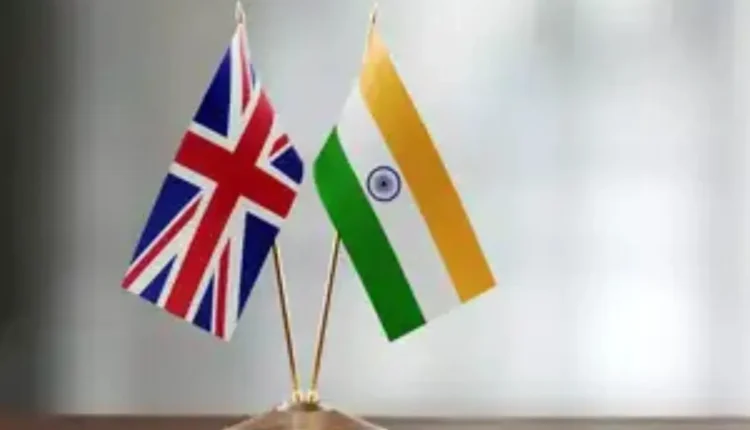India-UK Free Trade Agreement Nears Finish Line with Limited Visa Changes
India and UK Close to Sealing Free Trade Pact with Focus on Business Mobility Visas
As the final touches are being applied to the long-awaited Free Trade Agreement (FTA) between India and the United Kingdom, the India-UK Free Trade Agreement visa provisions have emerged as a pivotal and sensitive component of the discussions.
Negotiators on both sides are racing against time to craft a deal that could shape economic ties for decades. A UK government official confirmed that while the visa regime will see some relaxation, the changes are notably restrained. Around 100 additional temporary business mobility visas will be allocated to Indian professionals annually—a modest move compared to India’s original demands.
Unlike broader immigration categories, the India-UK Free Trade Agreement visa provisions focus exclusively on business mobility. Student visas, family reunification, and permanent migration pathways remain firmly outside the scope of this landmark deal. Lord Sonny Leong, speaking in the House of Lords, reaffirmed, “Our negotiations consider only business mobility, covering limited, temporary, and purpose-specific visas. Student visas are not part of these trade talks.”
India had lobbied for a broader scope, particularly to open more professional pathways in critical sectors such as information technology and healthcare. However, the UK’s offer, while significant symbolically, remains narrowly focused on facilitating corporate service deliveries, such as inter-company transfers and short-term business projects.
Sources close to the negotiation revealed that exact numbers tied to the India-UK Free Trade Agreement visa provisions are intentionally left flexible to avoid political backlash, with the emphasis placed on providing regulatory certainty and smoother pathways for businesses engaged in cross-border operations.
India-UK: Additional Demands Surface as Talks Enter Final Stages
Indian Commerce Minister Piyush Goyal is slated to visit London this week, bringing additional issues to the negotiation table. Chief among India’s demands is the ability for Indian workers on short-term UK visas to reclaim their contributions to Britain’s National Insurance scheme—a benefit currently enjoyed by citizens from other partner nations. Furthermore, India is advocating for exemptions from the UK’s incoming carbon border tax to protect key exports like steel, aluminum, and cement.
With environmental tariffs looming large, Indian businesses are particularly concerned about competitiveness in the UK market. Trade experts warn that without these exemptions, the deal’s economic benefits for India could be significantly diluted.
Optimism Tempered by Realism
Recent meetings between UK Trade Secretary Jonathan Reynolds and India’s External Affairs Minister S. Jaishankar have projected cautious optimism. Both leaders acknowledged the importance of prioritizing substance over speed, though political pressures are mounting on both ends to strike a deal promptly.
The urgency stems not only from mutual economic ambitions but also from strategic considerations. As India rapidly ascends to become the world’s third-largest economy, the UK sees this FTA as a crucial gateway to solidifying its influence in the dynamic Indo-Pacific region post-Brexit.
Lord Karan Bilimoria, a leading advocate for the agreement, captured the sentiment aptly: “Trade is about growth, jobs, and opportunity. If we get this right, we can shape the UK’s economic future for decades to come.”
Also Read : Poland Slashes Visa Issuance by Up to 90% Amid Migration Concerns

